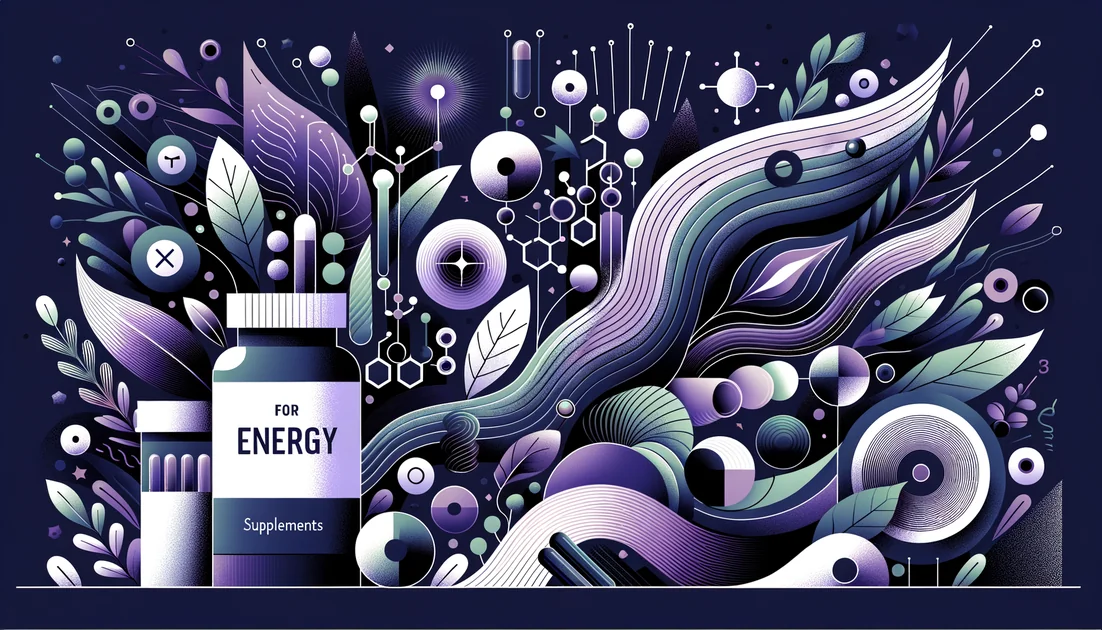
Top 7 Evidence-Based Recommendations
We read and graded 30+ human trials and meta-analyses on fatigue, alertness, and exercise tolerance—then ranked by effect size, quality of evidence, safety, and speed of onset. No affiliate fluff—just what moved the needle in RCTs.
Quick Reference Card
Caffeine 50–200 mg + L-theanine 100–200 mg 30–60 min pre-task [5][6]
Creatine monohydrate 3–5 g/day (or a single 0.3–0.35 g/kg after sleep loss) [9][11]
Ranked Recommendations
#1Caffeine + L-theanineTop Choice
Coffee's energy—without the jitters
Dose: Caffeine 50–200 mg + L-theanine 100–200 mg, 30–60 min pre-task
Time to Effect: 30–120 minutes
How It Works
Evidence
Desk work, study sessions, long drives, meetings
Keep total caffeine ≤400 mg/day (most adults). Avoid pure caffeine powders/liquids. [17]
Use 2:1 theanine:caffeine (e.g., 200:100 mg) for "calm focus." If sensitive, take theanine 15–20 min before caffeine.
#2Iron (if ferritin <50 μg/L)Strong Alternative
Fix hidden low-iron fatigue fast
Dose: Ferrous sulfate 80 mg elemental iron daily for 4–12 weeks (retest at 6–8 weeks)
Time to Effect: 4–6 weeks (earlier if very low ferritin)
How It Works
Low iron limits hemoglobin and cellular enzymes, starving tissues of oxygen and ATP—fatigue follows even without anemia. Repletion restores transport and mitochondrial function. [1]
Evidence
Menstruating people or frequent donors with low ferritin and "unexplained" fatigue
Don't supplement blindly—test ferritin/hemoglobin first. Avoid if iron overload/hemochromatosis.
If GI upset, try alternate-day dosing or gentle forms (e.g., bisglycinate); take with vitamin C, away from coffee/tea.
#3Creatine monohydrateWorth Considering
Cellular energy reserve for brain and body
Dose: Everyday: 3–5 g/day. Need it today: 0.3–0.35 g/kg one-time "rescue" after sleep loss (occasional use).
Time to Effect: Acute high dose: 3–8 hours; Daily use: 5–7 days (loading) or ~3–4 weeks steady dosing
How It Works
Evidence
RCTs show reduced mental/skill fatigue under sleep deprivation and improved central executive tasks after loading; a 2024 crossover study found a single ~0.35 g/kg dose improved cognition for hours during sleep loss. [9][11][6][10] ISSN deems creatine safe and effective; no form beats monohydrate. [18][19]
Shift work, new parents, high-output days, vegetarians/vegans (lower baseline creatine)
Possible water weight/bloating. Stay hydrated.
#4Coenzyme Q10 (CoQ10)
Mitochondrial spark plug
Dose: 100–300 mg/day with meals for 6–8+ weeks
Time to Effect: 2–8 weeks (dose- and duration-responsive)
How It Works
Evidence
Whole-day energy, statin users, 40+ with low vigor
May interact with warfarin (monitor INR).
Take with fat. Single-ingredient CoQ10 outperformed combo formulas in subgroup analysis. [3]
#5Vitamin D (if deficient)
Low D feels like low battery
Dose: Correct deficiency per clinician; in RCTs: 100,000 IU cholecalciferol once or 60,000 IU weekly ×8 weeks, then maintain
Time to Effect: 4–8 weeks
How It Works
Vitamin D receptors in muscle and brain influence neuromuscular function, inflammation, and mood—all tied to fatigue. Repletion restores function. [12]
Evidence
Documented deficiency with daytime tiredness and heavy legs
Don't megadose without labs; hypercalcemia risk if overdone.
Pair with meals containing fat; retest 25(OH)D after 8–12 weeks.
#6Beetroot (dietary nitrate)
More miles per molecule of oxygen
Dose: ~8–16 mmol nitrate (≈500–1000 mg nitrate; e.g., 70–140 ml concentrate) 2–3 h pre-exercise
Time to Effect: 2–3 hours (acute); 3–15 days for training blocks
How It Works
Evidence
Workouts, afternoon slumps before activity, "tired but training" days
May tint urine/stool red (benign).
For races/sessions: dose 2–3 h pre; for blocks: daily micro-dosing (8–16 mmol) maintains effects. [16]
#7Panax ginseng (Korean red ginseng)
Ancient adaptogen with modern caveats
Dose: 2–3 g/day standardized extract for 4–6 weeks
Time to Effect: 2–6 weeks
How It Works
Ginsenosides may modulate HPA axis and mitochondrial enzymes to reduce perceived fatigue under stress. Evidence is mixed. [22]
Evidence
Stress-related tiredness when stimulants aren't an option
May interact with anticoagulants or raise BP in sensitive people.
If no change by week 4–6, stop—don't chase diminishing returns.
Common Questions
What's the fastest supplement for energy right now?
Caffeine + L-theanine in 30–60 min; beetroot 2–3 h pre-workout; a one-off high dose of creatine can help after sleep loss. [5][6][16][9]
How much caffeine is safe per day?
Most adults should stay at ≤400 mg/day; avoid pure caffeine powders and highly concentrated liquids. [17]
Do B-vitamins boost energy if I'm not deficient?
No good evidence—B12 didn't reduce fatigue in non-deficient adults; address diet/sleep first. [20][21]
Timeline Expectations
Combination Strategies
Calm Focus Stack (meetings, study, creative work)
Components:Caffeine 100 mg + L-theanine 200 mg + Creatine monohydrate 3–5 g/day
Theanine smooths caffeine's stimulation for better attention; daily creatine supports mental energy during high demand. Evidence supports theanine+caffeine synergy and creatine's anti-fatigue effects. [5][6][8][9]
Take theanine 15–20 min before caffeine; creatine daily with any meal.
Endurance-Without-The-Slog
Components:Beetroot (nitrate) 8–16 mmol + CoQ10 200 mg/day
Beetroot acutely improves exercise tolerance and lowers RPE; CoQ10 supports mitochondrial output over weeks. [14][15][16][3]
CoQ10 daily with fat; beetroot 2–3 h pre-workout or race.
You might also like
Explore more of our evidence-led investigations, comparisons, and guides across every article style.
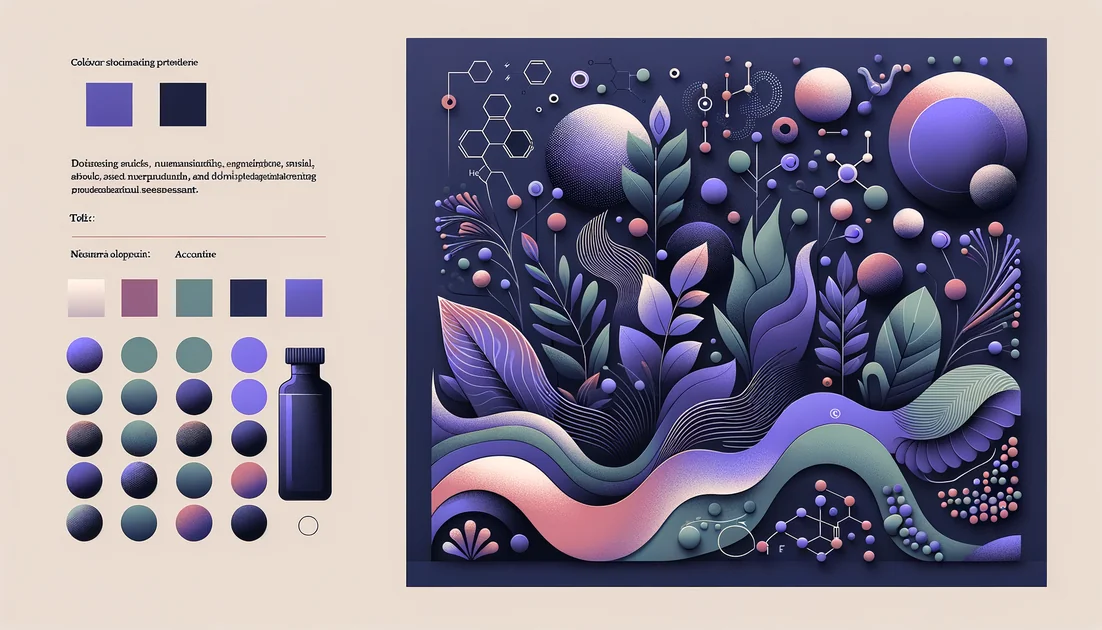
BulkSupplements.com (Hard Eight Nutrition LLC)
BulkSupplements: GMP-certified workhorse with recurring accuracy questions
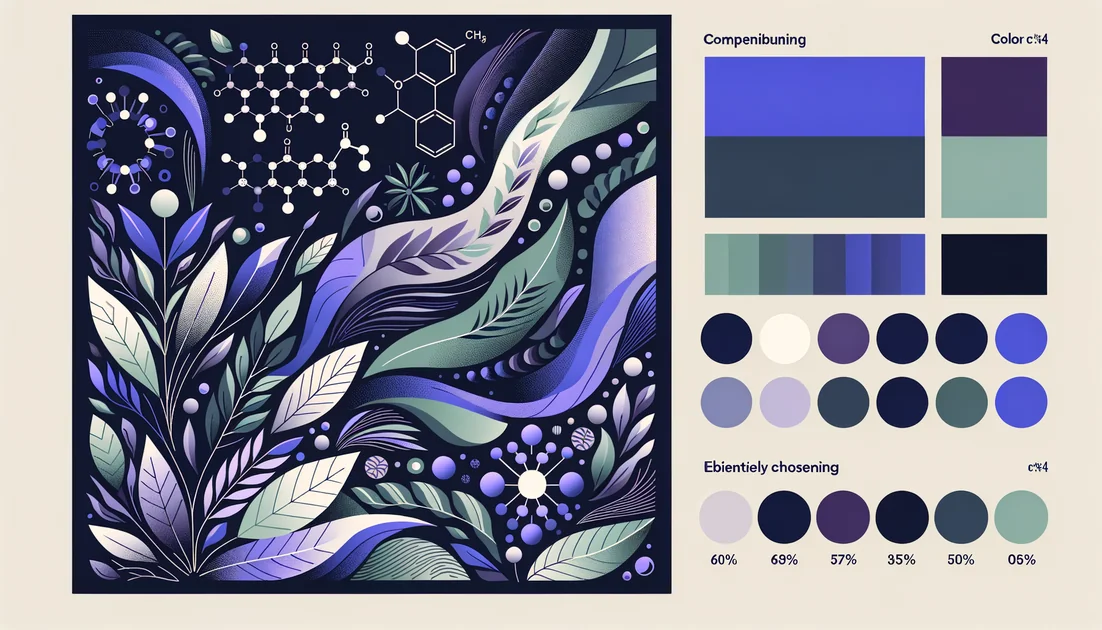
Tongkat Ali (Eurycoma longifolia) vs Fadogia agrestis
Pick Tongkat Ali if you want an option with human trials, defined dosing, and standardized extracts. Skip Fadogia agrestis for now—there are no human trials and animal toxicity signals raise caution. [1][2][3][5][12][13]
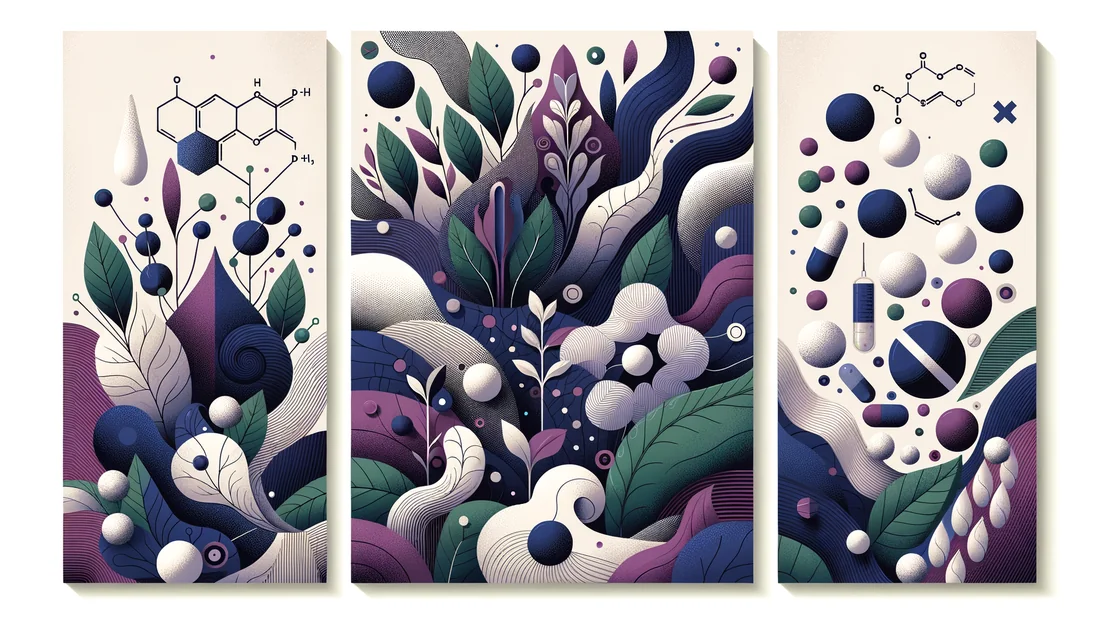
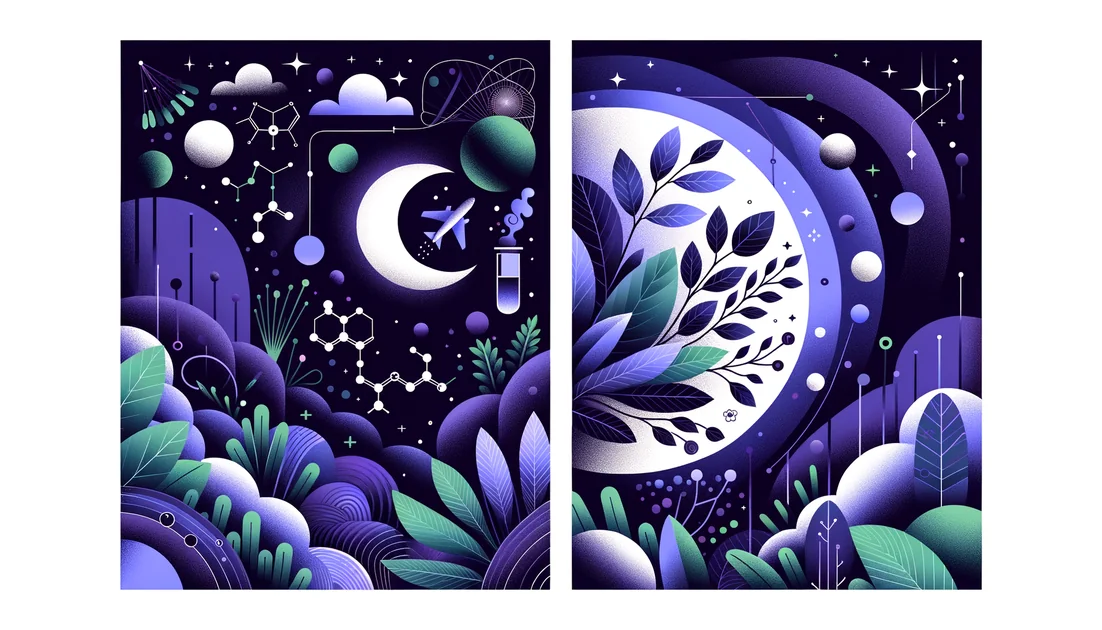
Melatonin
You dim the lights and reach for a familiar gummy. But melatonin isn't a lullaby in a bottle—it's a message. In the body, it whispers one clear instruction to every cell: "It's night." When you treat a signal like a sedative, strange things happen—sometimes helpful, sometimes not.
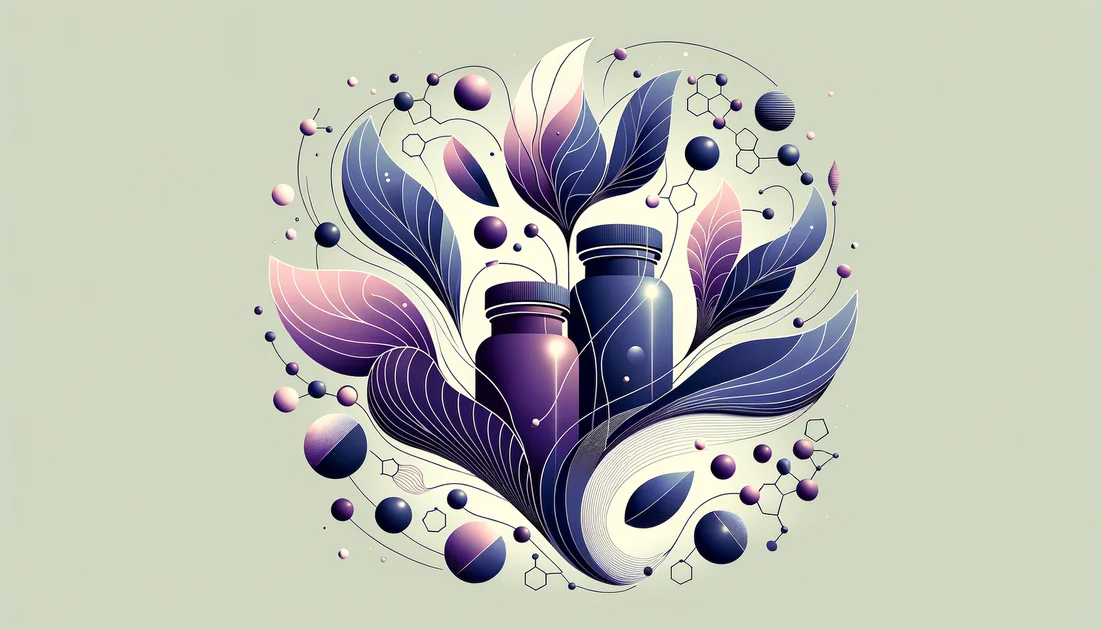

Tocotrienols
The stealthier cousins of vitamin E—built with springy tails that move differently in cell membranes and behave differently in your body.











